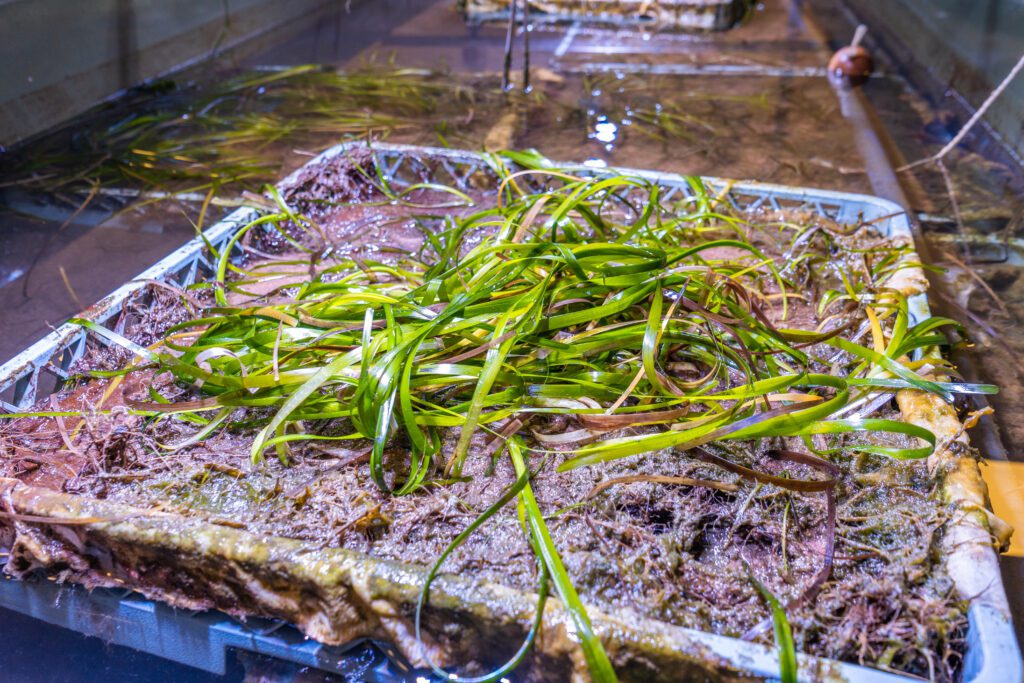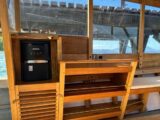Seagrass project success in Plymouth Sound
August 9, 2023Continuing the largest seagrass restoration project in England, the LIFE Recreation ReMEDIES initiative is making progress in Plymouth Sound National Marine Park.
LIFE Recreation ReMEDIES is a four-year marine conservation project worth £2.5 million, aimed at saving the seabed in five Special Areas of Conservation in Southern England through seagrass restoration, education, and innovation. This project is funded by the LIFE programme and is led by Natural England in partnership with Ocean Conservation Trust, Marine Conservation Society, the Royal Yachting Association, and Plymouth City Council/Tamar Estuaries.
As part of the project, the Ocean Conservation Trust (OCT), the restoration lead, has placed 100 seagrass pillows into the restoration site at Jennycliff Bay. Each pillow contains approximately 40 healthy seagrass plants with rhizomes. This recent effort has covered an area of 2,500 square meters, bringing the total seagrass plantation area in Jennycliff Bay to over three hectares, which is fantastic news for this important habitat.
The OCT collects seagrass seeds from healthy meadows to restore seagrass. These seeds are then planted on 100% biodegradable mats made from cotton and hessian, which are placed in the ReMEDIES seagrass cultivation laboratory. The seedlings are nurtured until they become strong plants ready to be planted into the seabed.

The OCT’s dive team then heads to the restoration site to lower the seagrass mats into the water and pin them onto the seabed. Over time, the mats biodegrade, leaving behind healthy seagrass plants that will continue to grow.
Seagrass meadows are essential for their environmental benefits, such as acting as fish nurseries, supporting biodiversity, reducing coastal erosion, and capturing carbon.
While deploying the seagrass pillows, the OCT’s professional divers also checked on the previously planted seagrass at the restoration site. They were thrilled to find an extensive area of healthy and dense seagrass!
Amelia Newman, the ReMEDIES Seagrass Cultivation Lead
Read the original article here


